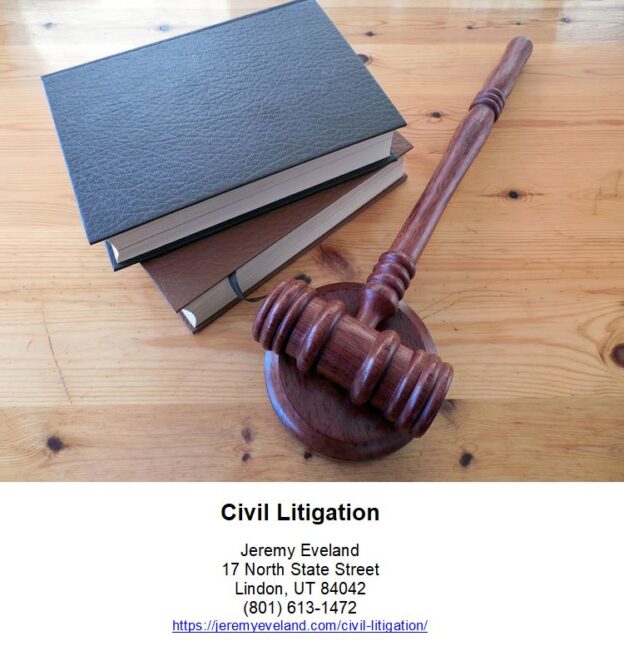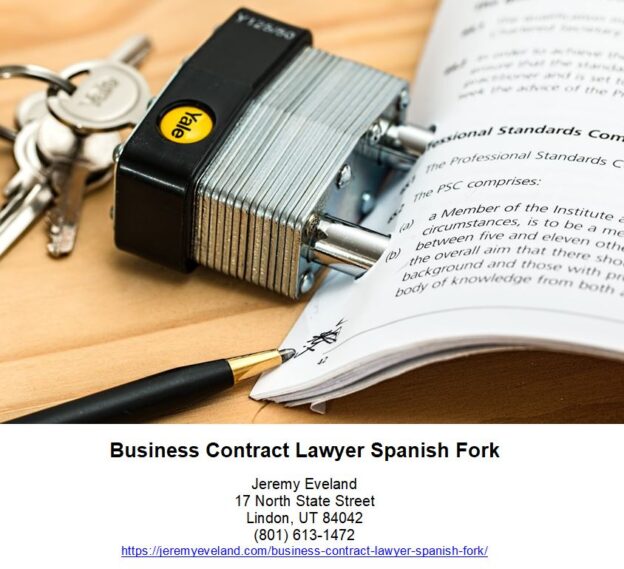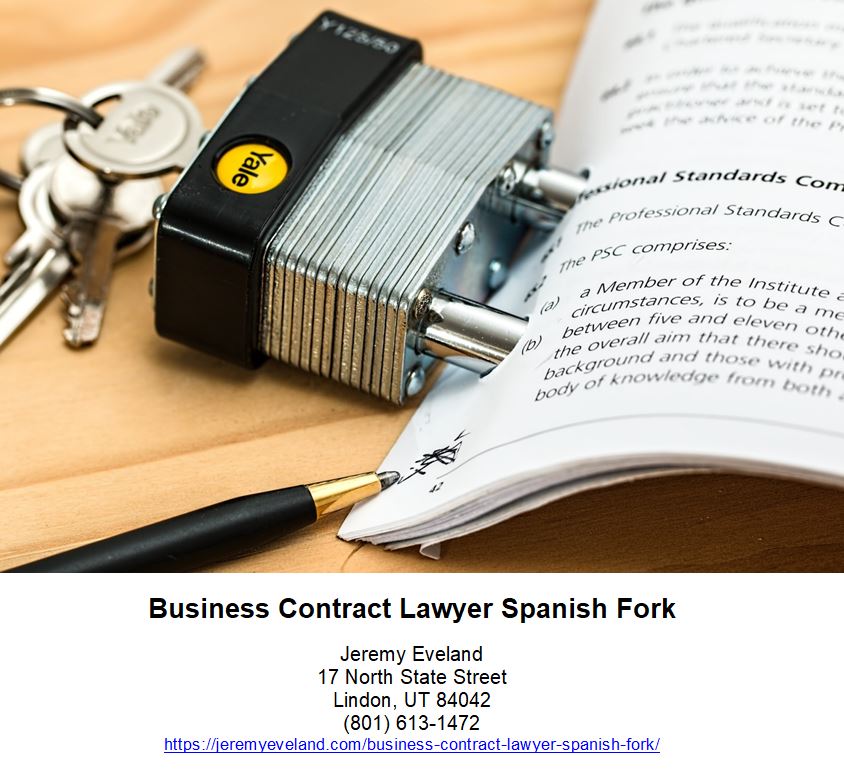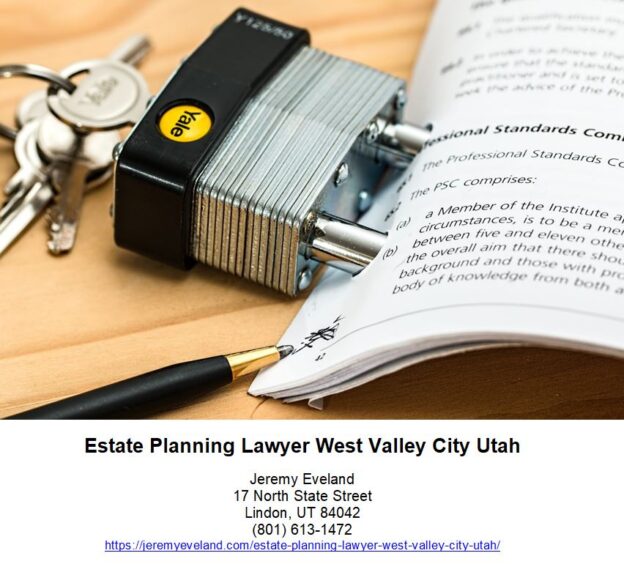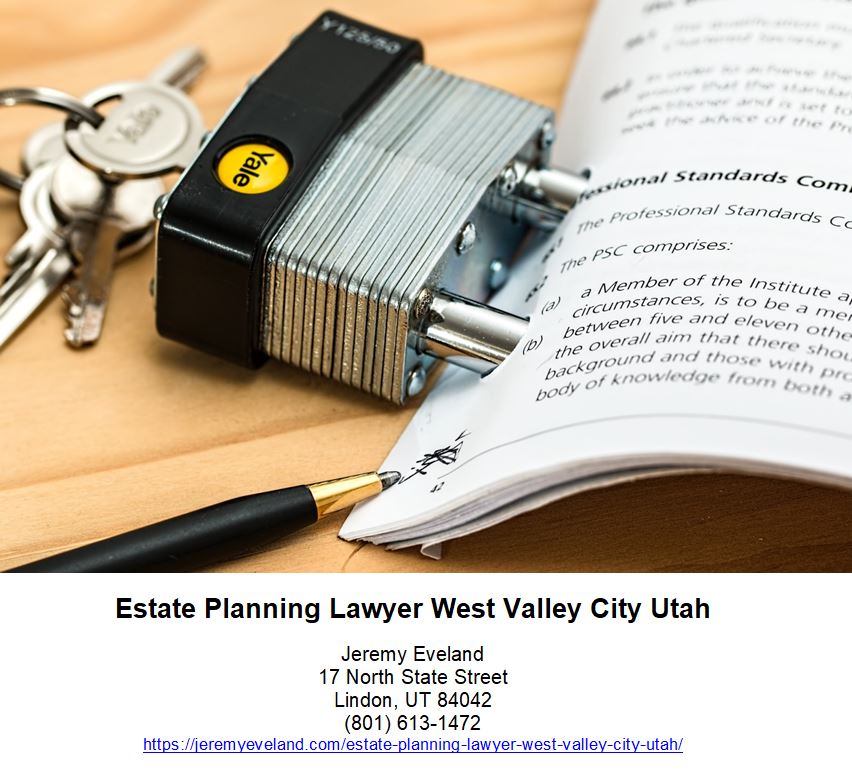-
Table of Contents
- The Benefits of Hiring a Business Lawyer in Orem, Utah
- How to Choose the Right Business Lawyer in Orem, Utah
- Understanding the Different Types of Business Law in Orem, Utah
- The Role of a Business Lawyer in Orem, Utah in Business Transactions
- Common Mistakes to Avoid When Working with a Business Lawyer in Orem, Utah
The Benefits of Hiring a Business Lawyer in Orem, Utah
Hiring a business lawyer in Orem, Utah can be a great asset to any business. A business lawyer can provide invaluable advice and guidance on a variety of legal matters, from contract negotiations to dispute resolution. With the right lawyer, businesses can protect their interests and ensure that their operations are conducted in accordance with the law. Here are some of the benefits of hiring a business lawyer in Orem, Utah.
1. Expertise: Business lawyers in Orem, Utah have a deep understanding of the laws and regulations that govern businesses in the state. They can provide advice on a wide range of legal matters, from contract negotiations to dispute resolution. With their expertise, businesses can ensure that their operations are conducted in accordance with the law.
2. Cost Savings: Hiring a business lawyer in Orem, Utah can save businesses money in the long run. By having a lawyer on retainer, businesses can avoid costly legal fees associated with litigation. Furthermore, a business lawyer can provide advice on how to avoid potential legal issues before they arise, which can save businesses time and money.
3. Representation: A business lawyer in Orem, Utah can provide representation in court if necessary. This can be invaluable for businesses that are involved in litigation or other legal proceedings. With a lawyer on their side, businesses can ensure that their interests are protected and that their rights are upheld.
4. Negotiation: Business lawyers in Orem, Utah can provide invaluable assistance in contract negotiations. They can help businesses draft contracts that are fair and equitable, and they can provide advice on how to negotiate the best possible terms. With their help, businesses can ensure that their contracts are legally sound and that their interests are protected.
Hiring a business lawyer in Orem, Utah can be a great asset to any business. With their expertise, cost savings, representation, and negotiation skills, businesses can ensure that their operations are conducted in accordance with the law and that their interests are protected.
How to Choose the Right Business Lawyer in Orem, Utah
Choosing the right business lawyer in Orem, Utah is an important decision for any business. A business lawyer can provide invaluable advice and guidance on a variety of legal matters, from contract negotiations to dispute resolution. When selecting a business lawyer, it is important to consider the following factors:
1. Experience: It is important to select a business lawyer who has experience in the specific area of law that your business requires. Ask potential lawyers about their experience in the field and the types of cases they have handled.
2. Reputation: Ask around to find out what other businesses think of the lawyer. Check online reviews and ask for references from past clients.
3. Communication: Make sure the lawyer is easy to communicate with and responds to your inquiries in a timely manner.
4. Fees: Ask about the lawyer’s fees and payment terms. Make sure you understand the fee structure and that it is reasonable for the services provided.
5. Location: Consider the lawyer’s location. It is important to select a lawyer who is conveniently located and accessible.
By considering these factors, you can ensure that you select the right business lawyer in Orem, Utah for your business needs.
Understanding the Different Types of Business Law in Orem, Utah
Business law in Orem, Utah is a complex and ever-evolving field. It is important for business owners to understand the different types of business law in order to ensure that their business is compliant with all applicable laws and regulations. This article will provide an overview of the different types of business law in Orem, Utah.
The first type of business law in Orem, Utah is contract law. Contract law governs the formation, performance, and enforcement of contracts between two or more parties. This includes the negotiation, drafting, and execution of contracts, as well as the remedies available for breach of contract.
The second type of business law in Orem, Utah is corporate law. Corporate law governs the formation, operation, and dissolution of corporations. This includes the formation of the corporation, the rights and responsibilities of shareholders, and the dissolution of the corporation.
The third type of business law in Orem, Utah is employment law. Employment law governs the relationship between employers and employees. This includes the negotiation, drafting, and enforcement of employment contracts, as well as the remedies available for breach of contract.
The fourth type of business law in Orem, Utah is intellectual property law. Intellectual property law governs the protection of intellectual property rights, such as copyrights, trademarks, and patents. This includes the registration of intellectual property rights, the enforcement of intellectual property rights, and the remedies available for infringement of intellectual property rights.
The fifth type of business law in Orem, Utah is tax law. Tax law governs the taxation of businesses and individuals. This includes the filing of tax returns, the payment of taxes, and the remedies available for non-payment of taxes.
Finally, the sixth type of business law in Orem, Utah is bankruptcy law. Bankruptcy law governs the filing of bankruptcy petitions, the discharge of debts, and the remedies available for creditors.
By understanding the different types of business law in Orem, Utah, business owners can ensure that their business is compliant with all applicable laws and regulations. This will help to protect their business and ensure its long-term success.
The Role of a Business Lawyer in Orem, Utah in Business Transactions
A business lawyer in Orem, Utah plays an important role in business transactions. Business lawyers provide legal advice and guidance to businesses of all sizes, from small startups to large corporations. They help businesses navigate the complexities of the legal system and ensure that their transactions are conducted in accordance with applicable laws and regulations.
Business lawyers in Orem, Utah provide a variety of services to their clients. They can help businesses draft contracts, review and negotiate contracts, and provide advice on a variety of legal matters. They can also help businesses with the formation of new entities, such as corporations and limited liability companies. Business lawyers can also provide advice on mergers and acquisitions, intellectual property protection, and other business transactions.
Business lawyers in Orem, Utah also provide advice on compliance with state and federal laws. They can help businesses understand the requirements of the law and ensure that they are in compliance with applicable regulations. Business lawyers can also help businesses with the preparation of legal documents, such as contracts, leases, and other documents.
Business lawyers in Orem, Utah can also provide advice on dispute resolution. They can help businesses resolve disputes with customers, vendors, and other parties. They can also provide advice on how to handle litigation and other legal matters.
Business lawyers in Orem, Utah can also provide advice on tax matters. They can help businesses understand the tax implications of their transactions and ensure that they are in compliance with applicable tax laws. Business lawyers can also provide advice on estate planning and other financial matters.
Business lawyers in Orem, Utah can provide invaluable assistance to businesses in a variety of transactions. They can help businesses understand the legal implications of their transactions and ensure that they are conducted in accordance with applicable laws and regulations. Business lawyers can also provide advice on dispute resolution, tax matters, and other legal matters. By working with a business lawyer in Orem, Utah, businesses can ensure that their transactions are conducted in a legally sound manner.
Common Mistakes to Avoid When Working with a Business Lawyer in Orem, Utah
1. Not Being Clear About Your Goals: Before you meet with a business lawyer in Orem, Utah, it is important to have a clear understanding of your goals and objectives. Make sure to communicate these goals to your lawyer so that they can provide the best advice and guidance.
2. Not Doing Your Research: Before you hire a business lawyer in Orem, Utah, it is important to do your research. Make sure to read reviews and ask for referrals from other business owners. This will help you find the right lawyer for your needs.
3. Not Being Prepared: Before you meet with a business lawyer in Orem, Utah, make sure to have all of the necessary documents and information ready. This will help the lawyer understand your situation and provide the best advice.
4. Not Being Open to Advice: When working with a business lawyer in Orem, Utah, it is important to be open to their advice. They are experts in the field and can provide valuable insight into your situation.
5. Not Following Through: Once you have received advice from a business lawyer in Orem, Utah, it is important to follow through with their advice. This will ensure that you are taking the necessary steps to protect your business and achieve your goals.
Areas We Serve
We serve individuals and businesses in the following locations:
Salt Lake City Utah
West Valley City Utah
Provo Utah
West Jordan Utah
Orem Utah
Sandy Utah
Ogden Utah
St. George Utah
Layton Utah
South Jordan Utah
Lehi Utah
Millcreek Utah
Taylorsville Utah
Logan Utah
Murray Utah
Draper Utah
Bountiful Utah
Riverton Utah
Herriman Utah
Spanish Fork Utah
Roy Utah
Pleasant Grove Utah
Kearns Utah
Tooele Utah
Cottonwood Heights Utah
Midvale Utah
Springville Utah
Eagle Mountain Utah
Cedar City Utah
Kaysville Utah
Clearfield Utah
Holladay Utah
American Fork Utah
Syracuse Utah
Saratoga Springs Utah
Magna Utah
Washington Utah
South Salt Lake Utah
Farmington Utah
Clinton Utah
North Salt Lake Utah
Payson Utah
North Ogden Utah
Brigham City Utah
Highland Utah
Centerville Utah
Hurricane Utah
South Ogden Utah
Heber Utah
West Haven Utah
Bluffdale Utah
Santaquin Utah
Smithfield Utah
Woods Cross Utah
Grantsville Utah
Lindon Utah
North Logan Utah
West Point Utah
Vernal Utah
Alpine Utah
Cedar Hills Utah
Pleasant View Utah
Mapleton Utah
Stansbury Par Utah
Washington Terrace Utah
Riverdale Utah
Hooper Utah
Tremonton Utah
Ivins Utah
Park City Utah
Price Utah
Hyrum Utah
Summit Park Utah
Salem Utah
Richfield Utah
Santa Clara Utah
Providence Utah
South Weber Utah
Vineyard Utah
Ephraim Utah
Roosevelt Utah
Farr West Utah
Plain City Utah
Nibley Utah
Enoch Utah
Harrisville Utah
Snyderville Utah
Fruit Heights Utah
Nephi Utah
White City Utah
West Bountiful Utah
Sunset Utah
Moab Utah
Midway Utah
Perry Utah
Kanab Utah
Hyde Park Utah
Silver Summit Utah
La Verkin Utah
Morgan Utah
Business Lawyer Orem Utah Consultation
When you need help from a Business Lawyer in Orem Utah call Jeremy D. Eveland, MBA, JD (801) 613-1472 for a consultation.
Jeremy Eveland
17 North State Street
Lindon UT 84042
(801) 613-1472
Related Posts
Business Succession Lawyer Eagle Mountain Utah
Estate Planning Lawyer West Jordan Utah
Business Acquisition Lawyer Sandy Utah
Estate Planning Lawyer Orem Utah
Legal Requirements To Form A Trust
Charitable Estate Planning Trusts
Estate Planning Lawyer Sandy Utah
About Orem, Utah
Orem is a city in Utah County, Utah, United States, in the northern part of the state. It is adjacent to Provo, Lindon, and Vineyard and is approximately 45 miles (72 km) south of Salt Lake City.
Neighborhoods in Orem, Utah
Orem Park, Windsor South, Orem South, Windsor North, Cascade, Orem City Neighborhoods Prog, Aspen, Geneva, Sharon, Scera Park North, Orem City Community & Neighborhood, Orchard South, Westmore, Suncrest, Orem, Orem Community Park, Mount Timpanogos Park, Cemetery Field, Westmore Park, Bonneville Park






